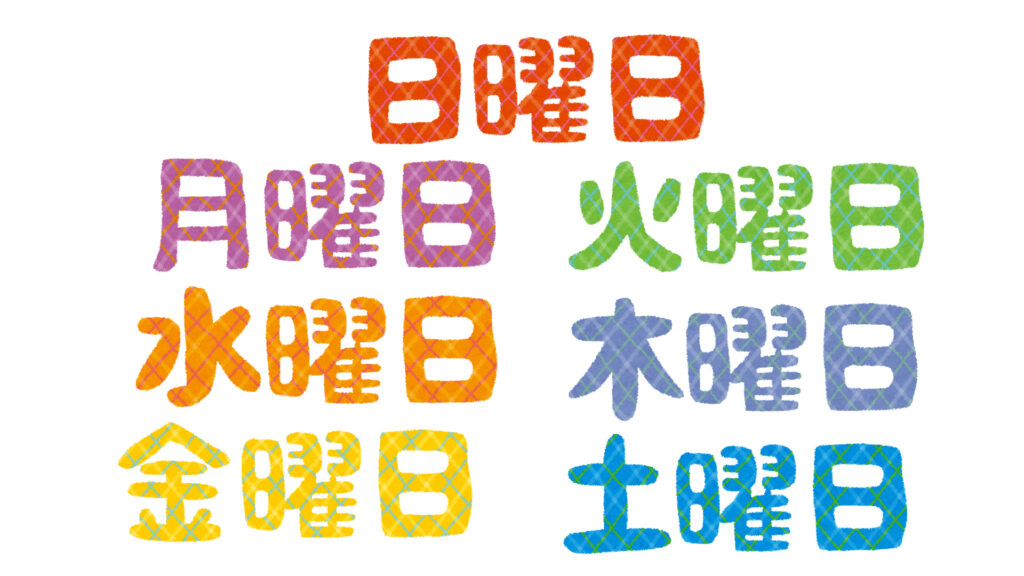ブルさんは週末テニスをします。
でも、先週の日曜日は雨がふりました。
ブルさんはでかけませんでした。
ゆっくり家でやすみました。
Mr. Bull plays tennis on weekends.
However, last Sunday, it rained.
He didn’t go out. He stayed at home, taking it easy.
ブルさんは しゅうまつ テニスをします。
buru-san wa shū matsu tenisu o shimasu
でも、せんしゅう の にちようび は あめがふりました。
demo, senshū no ni chi yō bi wa ame ga furimashita
ブルさんは でかけませんでした。
buru-san wa dekakemasendeshita
ゆっくりいえで やすみました。
yukkuri ie de yasumimashita
| テニスをします (tenisu wo shimasu) | to play tennis |
| でも (demo) | but, however |
| あめがふります(ame ga furimasu) | it rains |
| でかけます (dekakemasu ) | to go out |
| ゆっくり (yukkuri) | comfortably, being relax take it easy |
| やすみます (yasumimasu) | to rest |

“〜ました” (〜mashita) is the polite past form in Japanese. In English, it is equivalent to “did” followed by the verb in the past tense, indicating a past action or event.
あめが ふります。 (amega furimasu) → “it rains”
あめが ふりました。 (amega furimashita) → “it rained”
“〜ませんでした” (〜masen deshita) is the polite past negative form in Japanese. In English, it is equivalent to “did not” followed by the verb in the past tense, indicating a past action or event that did not occur.
でかけません。 (dekakemasen) → “I do not go out”
でかけませんでした。 (dekakemasen deshita) → “I did not go out”
In English, the modal verb “will” is used to indicate the future. On the other hand, in Japanese, there isn’t an auxiliary verb equivalent to “will” in English. Therefore, to express the future tense, future time expressions are added to the base form of the verb (here referred to as “ます masu form”).
ブルさんは 毎週 日曜日 テニスをします。
(buru-san wa maishū nichi yōbi tenisu o shimasu)
Mr. Bull plays tennis every Sunday. (Present tense)
ブルさんは 来週 日曜日 テニスをします。
(buru-san wa raishū nichi yōbi tenisu o shimasu)
Mr. Bull will play tennis next Sunday. (Future expressed with “ます masu form” and future time expression)

